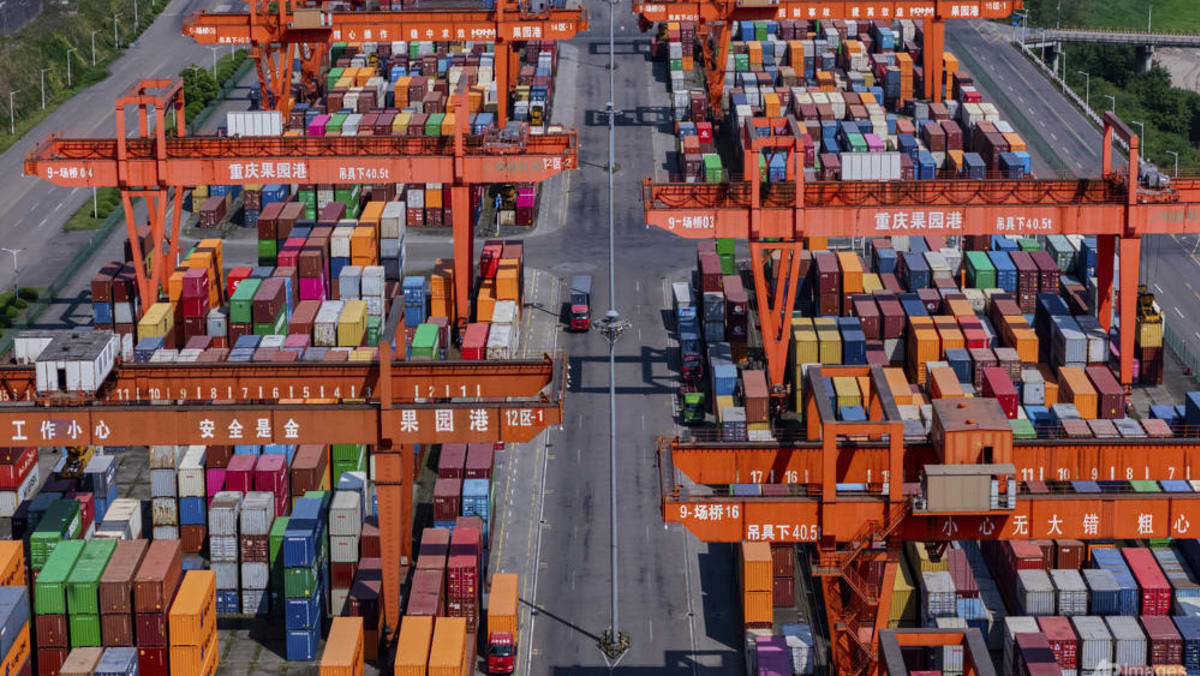A list of 131 categories of products said to be under consideration for tariff exemptions was circulating on Chinese social media platforms and among businesses and trade groups on Friday. Reuters could not verify the list, which included items ranging from vaccines and chemicals to jet engines.
Huatai Securities said that the list corresponded to US$45 billion worth of imports to China last year.
China’s customs agency and Ministry of Commerce did not reply to requests for comment. China’s foreign ministry said it was not familiar with tariff exemption plans, redirecting queries to “relevant authorities”.
LASTING FIGHT
While Washington has said that the trade stand-off with China is economically untenable and already offered tariff exemptions to some electronic goods, China has repeatedly said that it is willing to fight to the end unless the US lifts its 145 per cent tariffs.
However, China’s economy headed into the trade war with rising unemployment, deflationary pressures and heightened concern that a mounting backlog of unsold exports could drive domestic prices even lower.
While China ran a nearly US$1 trillion trade surplus in 2024, it also relies on the US for key imports, including ethane, a petrochemical needed to make plastics, and some drugs.
Big pharmaceutical companies, including AstraZeneca and GSK, have at least one manufacturing site in the US for drugs sold in China, Chinese government data showed.
Major ethane processors have already sought tariff waivers from Beijing because the US is the only supplier.
Exemptions may be only a tiny step in a long process.
“For those US-manufactured goods that cannot be procured from any other country, I do think there is an interest to exempt them of import tariffs, even if this is done unilaterally,” Montufar-Helu said.
“But for some other goods like energy and agricultural commodities, I think the calculation is very different, given that there are other sources that China can tap.”
